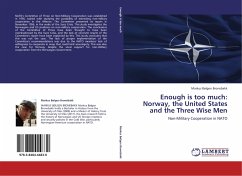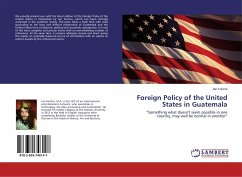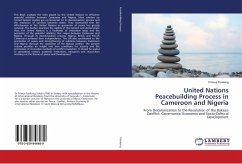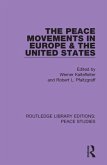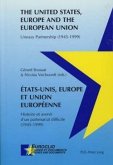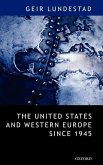NATO's Committee of Three on Non-Military Cooperation was established in 1956, tasked with studying the possibility of extending non-military cooperation in the Alliance. The Committee presented its report in November 1956, in the wake of the Suez Crisis. This study investigates the Norwegian and US positions on non-military cooperation. The conclusions of the Committee of Three have been thought to have been overshadowed by the Suez Crisis, and the lack of concrete results of the Committee's report have been explained by this. This study concludes that this was not the case. The lack of proper implementation of the Committee's recommendations was due to the NATO members' lack of willingness to cooperate in ways that could limit sovereignty. This was also the case for Norway, despite the vocal support for non-military cooperation from the Norwegian Government.
Bitte wählen Sie Ihr Anliegen aus.
Rechnungen
Retourenschein anfordern
Bestellstatus
Storno

